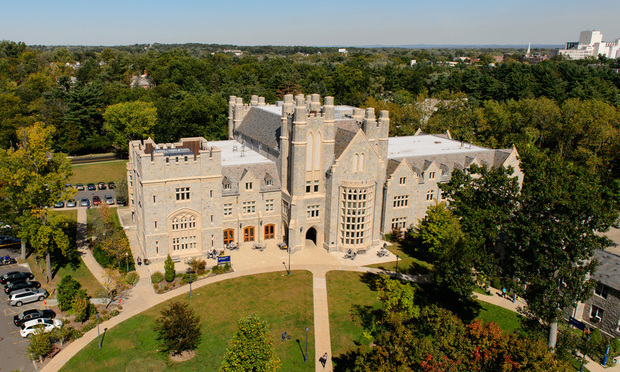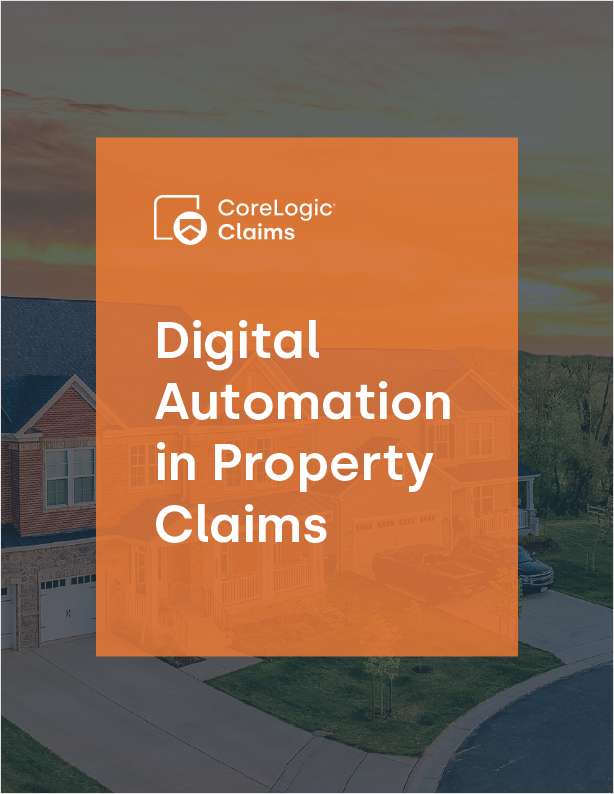Only 40% of Candidates Passed the Connecticut Bar Exam in February
The number is an improvement on February 2018, when only 38% of candidates passed the exam.
April 29, 2019 at 04:08 PM
4 minute read
 A view of the Thomas J. Meskill Law Library at the University of Connecticut School of Law in Hartford. Photo: Peter Morenus/UConn
A view of the Thomas J. Meskill Law Library at the University of Connecticut School of Law in Hartford. Photo: Peter Morenus/UConn
For the second consecutive year, the percentage of law students passing the February Connecticut bar exam fell to less than 50%, the latest sign of a downward trend both statewide and nationally.
The numbers for the July Connecticut bar exam, traditionally higher than the February bar exam, have also dropped precipitously in the past few years.
The February Connecticut numbers, released late Friday, show that 63 of 158 test takers, or about 40%, passed the exam.
One year earlier, just 38% passed the February bar exam. At least 50% of test takers passed the February bar exam every year from 2000-2017.
The University of Connecticut School of Law, Quinnipiac University School of Law and Western New England Law School in Massachusetts had the most candidates.
See the full results here:
The pass rate from February 2018 to February 2019 for the University of Connecticut School of Law fell from 63% to 40%.
At Quinnipiac University School of Law, 31% passed in February, compared to 61% one year earlier.
There was good news of sorts at Western New England Law School, where the pass rate increased from 26% to 41%.
Connecticut Bar Examining Committee Administrative Director Jessica Kallipolites said she didn't see anything unexpected in the overall February 2019 bar exam results, noting the big surprise was one year earlier.
“Given we were at 38% last year, I do not think that a 40% pass rate this year is shocking,” she said.
Kallipolites said she does “not have a theory” as to why the pass rate the past two years for February fell below 50%.
Meanwhile, University of Connecticut School of Law Dean Tim Fisher pointed out the drop is not just a statewide trend, but a national one.
“There is an ongoing dialogue between the deans of law schools in America and the national bar examining committee about the reasons for the change,” he said.
It's hard to say why candidates are failing in large numbers, but Fisher suggested, “One possibility is that this generation learned in a different fashion.”
“Major studies are being started to examine the validity of the bar exam,” he said, and the goal is to “determine the extent to which the bar exam actually tests the skills and attributes most relevant to the success as a lawyer.”
Quinnipiac University School of Law Dean Jennifer Gerarda Brown issued a statement Monday.
“Of course, we'd like to see a high passage rate with every administration of the bar exam, but we're reluctant to draw any conclusions from these latest results given the small number of test takers,” Brown said. “We remain very pleased with our July 2018 results, which were 12 points above the state average.”
Quinnipiac Law professor John Thomas echoed Brown's statements, saying it would be unfair to make judgments on the February bar exam because the sample size—158 test takers—is so small.
Most candidates and full-time students sit for the bar in July.
“Statisticians will tell you that you can't draw conclusions with such a small sample size,” he said. “Certainly, though, it provides cause for law schools to examine the preparation they offer students.”
Fisher said at his university that preparation includes two new courses offered just this year. One, a bar preparation course, focuses on the methodology of taking the bar exam. The second course, a commercial bar prep course, teaches the subject matter of the exams.
With the new courses offered, Fisher hopes to see a spike in successful candidates come February 2020.
For the second straight February, Yale University Law School had no one take the exam. Five Yale students took the July exam in 2018 and all passed. Yale has traditionally smaller class sizes than some other law schools, graduating only about 200 students a year.
Related Stories:
Connecticut's Pass Rate Plummets on July Bar Exam
Only 38 Percent Pass Connecticut Bar Exam as Success Rate Hits 18-Year Low
This content has been archived. It is available through our partners, LexisNexis® and Bloomberg Law.
To view this content, please continue to their sites.
Not a Lexis Subscriber?
Subscribe Now
Not a Bloomberg Law Subscriber?
Subscribe Now
NOT FOR REPRINT
© 2025 ALM Global, LLC, All Rights Reserved. Request academic re-use from www.copyright.com. All other uses, submit a request to [email protected]. For more information visit Asset & Logo Licensing.
You Might Like
View All
Trump's DOJ Delays Releasing Jan. 6 FBI Agents List Under Consent Order
3 minute read
Judge Grills DOJ on Trump’s Birthright Citizenship Executive Order

Justice 'Weaponization Working Group' Will Examine Officials Who Investigated Trump, US AG Bondi Says

Trending Stories
Who Got The Work
J. Brugh Lower of Gibbons has entered an appearance for industrial equipment supplier Devco Corporation in a pending trademark infringement lawsuit. The suit, accusing the defendant of selling knock-off Graco products, was filed Dec. 18 in New Jersey District Court by Rivkin Radler on behalf of Graco Inc. and Graco Minnesota. The case, assigned to U.S. District Judge Zahid N. Quraishi, is 3:24-cv-11294, Graco Inc. et al v. Devco Corporation.
Who Got The Work
Rebecca Maller-Stein and Kent A. Yalowitz of Arnold & Porter Kaye Scholer have entered their appearances for Hanaco Venture Capital and its executives, Lior Prosor and David Frankel, in a pending securities lawsuit. The action, filed on Dec. 24 in New York Southern District Court by Zell, Aron & Co. on behalf of Goldeneye Advisors, accuses the defendants of negligently and fraudulently managing the plaintiff's $1 million investment. The case, assigned to U.S. District Judge Vernon S. Broderick, is 1:24-cv-09918, Goldeneye Advisors, LLC v. Hanaco Venture Capital, Ltd. et al.
Who Got The Work
Attorneys from A&O Shearman has stepped in as defense counsel for Toronto-Dominion Bank and other defendants in a pending securities class action. The suit, filed Dec. 11 in New York Southern District Court by Bleichmar Fonti & Auld, accuses the defendants of concealing the bank's 'pervasive' deficiencies in regards to its compliance with the Bank Secrecy Act and the quality of its anti-money laundering controls. The case, assigned to U.S. District Judge Arun Subramanian, is 1:24-cv-09445, Gonzalez v. The Toronto-Dominion Bank et al.
Who Got The Work
Crown Castle International, a Pennsylvania company providing shared communications infrastructure, has turned to Luke D. Wolf of Gordon Rees Scully Mansukhani to fend off a pending breach-of-contract lawsuit. The court action, filed Nov. 25 in Michigan Eastern District Court by Hooper Hathaway PC on behalf of The Town Residences LLC, accuses Crown Castle of failing to transfer approximately $30,000 in utility payments from T-Mobile in breach of a roof-top lease and assignment agreement. The case, assigned to U.S. District Judge Susan K. Declercq, is 2:24-cv-13131, The Town Residences LLC v. T-Mobile US, Inc. et al.
Who Got The Work
Wilfred P. Coronato and Daniel M. Schwartz of McCarter & English have stepped in as defense counsel to Electrolux Home Products Inc. in a pending product liability lawsuit. The court action, filed Nov. 26 in New York Eastern District Court by Poulos Lopiccolo PC and Nagel Rice LLP on behalf of David Stern, alleges that the defendant's refrigerators’ drawers and shelving repeatedly break and fall apart within months after purchase. The case, assigned to U.S. District Judge Joan M. Azrack, is 2:24-cv-08204, Stern v. Electrolux Home Products, Inc.
Featured Firms
Law Offices of Gary Martin Hays & Associates, P.C.
(470) 294-1674
Law Offices of Mark E. Salomone
(857) 444-6468
Smith & Hassler
(713) 739-1250










